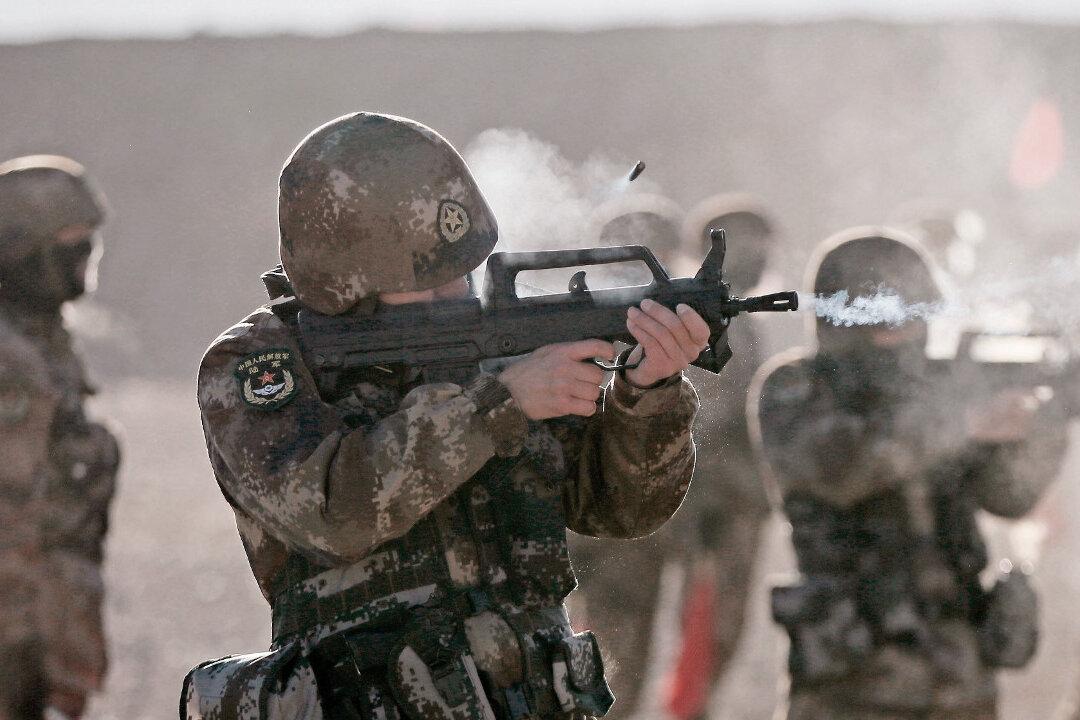The Biden administration’s national defense strategy will continue to prioritize China’s communist regime as the foremost challenge to the nation, according to an unclassified fact sheet released by the Pentagon.
The fact sheet was released on March 28, the same day the Pentagon submitted the classified 2022 National Defense Strategy to Congress. It followed shortly after the unveiling of the administration’s proposed defense budget of $773 billion for 2023, which focused on China as the key pacing challenge.




